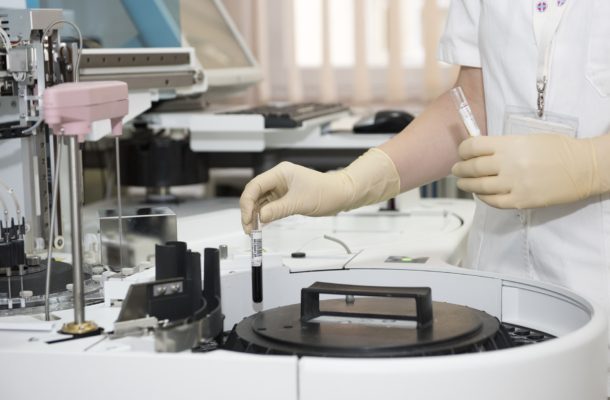Information industry backs budget focus on R&D

The Australian Information Industry Association (AIIA) broadly supports the 2018-19 Australian Budget, given the country’s aim to become a strong, innovation economy in the wake of the mining boom.
Rob Fitzpatrick, the peak body’s CEO, was encouraged to see the focus on digital transformation incentives in various industries such as health, agriculture and manufacturing.
He said the AIIA also welcomed investments in developing the space industry, and in supporting national research infrastructure and similar initiatives.
“We applaud the $92.4 million investment in the digital identity program and Government’s increased focus to make this a priority. The lack of a digital identity has been a handbrake on progress, so Government’s increased funding and emphasis on the delivery of GovPass, the digital identity program, shows pragmatic leadership.”
Mr Fitzpatrick also called out the investment in promoting consumer data rights, as well as the additional $250 million committed to the Skilling Australians Fund. “We are particularly pleased to see the focus on encouraging women to pursue STEM careers. STEM education is important to develop the foundations that support innovation and jobs of the future.”
While generally positive about the Budget measures outlined, the AIIA said that it had concerns that they were not being uniformly adopted across Government.
Mr Fitzpatrick said that the AIIA was very concerned that the changes to the research and development (R&D) tax incentive could constrain innovation by discouraging companies from local investment. “This risks Australia taking a step back in our global competitiveness.”
“Australia is in the midst of an R&D recession with a $2.2 billion decline in investment, according to the latest data. While some elements of the 3F review now being implemented are better than those considered earlier, the rhetoric focuses on ‘crackdown’ rather than expansion and growth. Australia’s global competitiveness is reliant on a buoyant R&D mindset.”
A key area of concern is intensity testing. “While this measure is not as severe as initially proposed, we need to encourage both broad and deep investment in R&D across all technology-related industries.”
From 1 July 2018, the Government will target the tax incentive towards larger R&D projects – with concessional rebates up to $150 million for companies with turnover of $20 million or more.
For companies with annual turnover below $20 million, the Government will impose a cap of $4 million on cash refunds and convert the rate of the R&D tax offsets to a premium of 13.5% above a claimant’s company tax rate.
Administrative and compliance improvements that will assist with ongoing sustainability, transparency and integrity of the tax incentive will also be implemented.
“While these measures will ensure the R&D tax incentive is fiscally affordable, we need to ask whether the financial benefits will constrain Australia’s global competitiveness.”
Mr Fitzpatrick said that the AIIA looked forward to working closely with the Government to achieve a stronger, fairer, and digitally enabled economy.
“We are heartened to see such strong investment in the data economy and particularly in Government digitsation, innovation and education. This funding will ensure that we continue to drive effective innovation across the Australian economy.”








